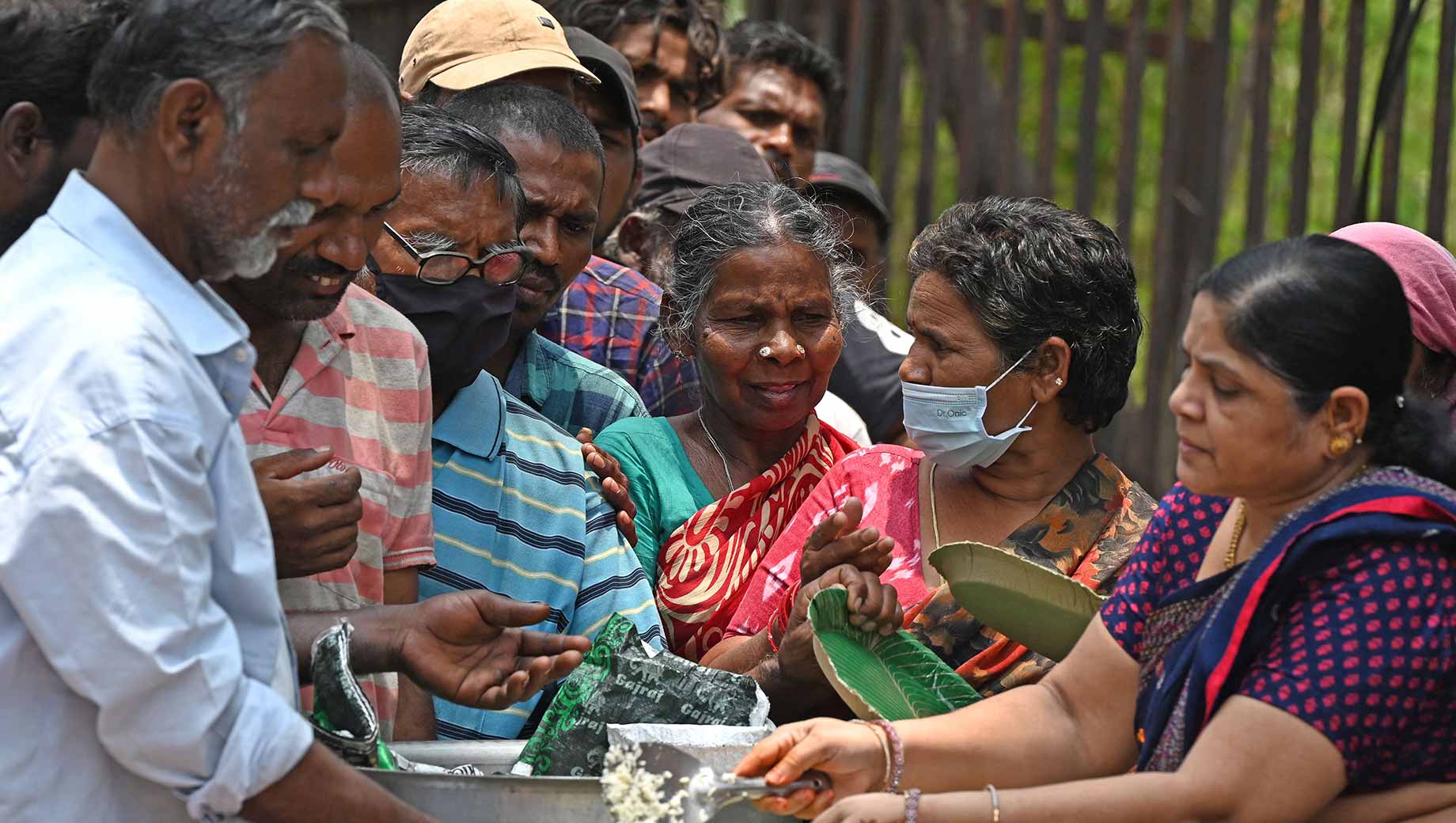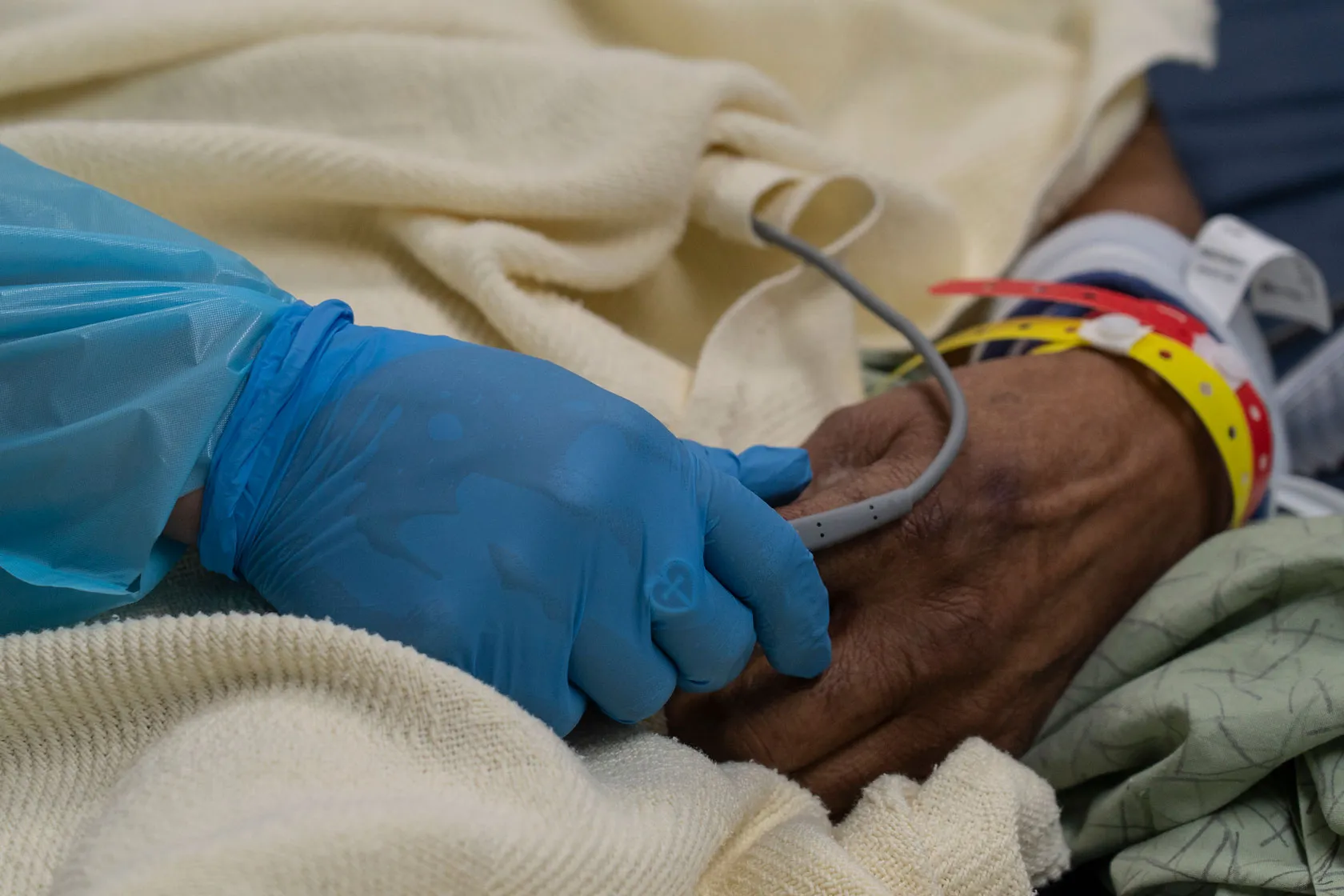A year ago, a family received a familiar, distressing call: Bare Papa, an elder father figure, was critically ill in intensive care in India. Bare Papa had been a vital support for the family after the boys lost their father. His condition deteriorated rapidly, with no clear diagnosis, a scenario common in many hospitals globally. A video call showed him frail and exhausted, pleading to be taken home.
At 90, Bare Papa’s health was complicated by bronchitis, impaired lungs, and kidneys. When doctors suggested invasive procedures, his family decided to bring him home, which brought him immense relief.
Bedbound but surrounded by loved ones, he often expressed gratitude for being saved from death. His recovery, driven by the family’s love and presence, allowed him to enjoy moments of joy and purpose, like participating in family affairs.

Family’s Struggle Highlights Need for Improved End-of-Life Care in India
Despite his temporary improvement, the family knew time was borrowed. A sudden downturn signaled the inevitable end. The hospital’s numerous tests seemed more about extending life than ensuring comfort, causing distress. Bare Papa’s vital signs fluctuated, and the family sought guidance on what to do next.
The advice was to bring him home, stop the feeding tube and IV, but continue the oxygen. However, this clashed with their belief that sustenance equated to life, making it hard to accept stopping medical interventions. Understanding their struggle, they were given time to process this advice.
Bare Papa returned home without the tubes, but his condition worsened, prompting the family to consider hospitalization again. Their faith in medical intervention highlighted the lack of trained palliative care support. In wealthier countries, morphine would have eased his terminal restlessness, but it was nearly inaccessible in India despite being on the World Health Organization’s essential medicines list since 1977.
India has made significant strides in healthcare, reducing maternal mortality and advancing digital technology and medical interventions. However, end-of-life care remains inadequate. With 18 million Indians living abroad and many wishing to return home in their final days, the lack of effective palliative care is a serious issue.
Advocate MR Rajagopal attributes this to regulatory barriers, limited supply, and insufficient professional education on opioids. The fear of addiction overshadows the benefits of proper palliation, leading to unnecessary suffering.
Bare Papa passed away peacefully at home, but for the millions facing painful, lingering deaths, Indian medicine must prioritize palliative care to ensure peaceful departures free from unnecessary suffering.











































